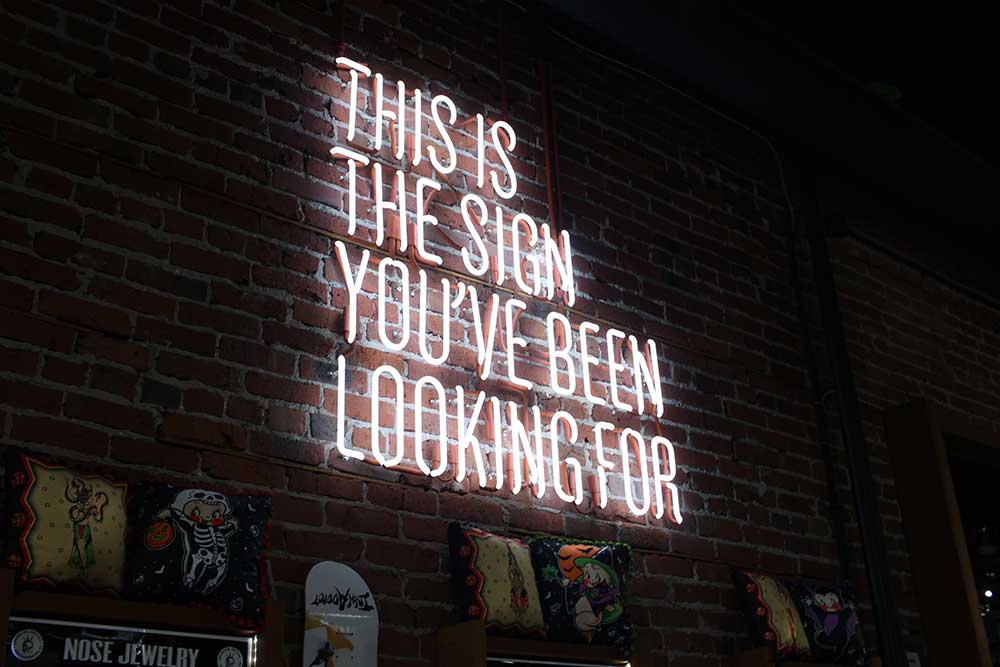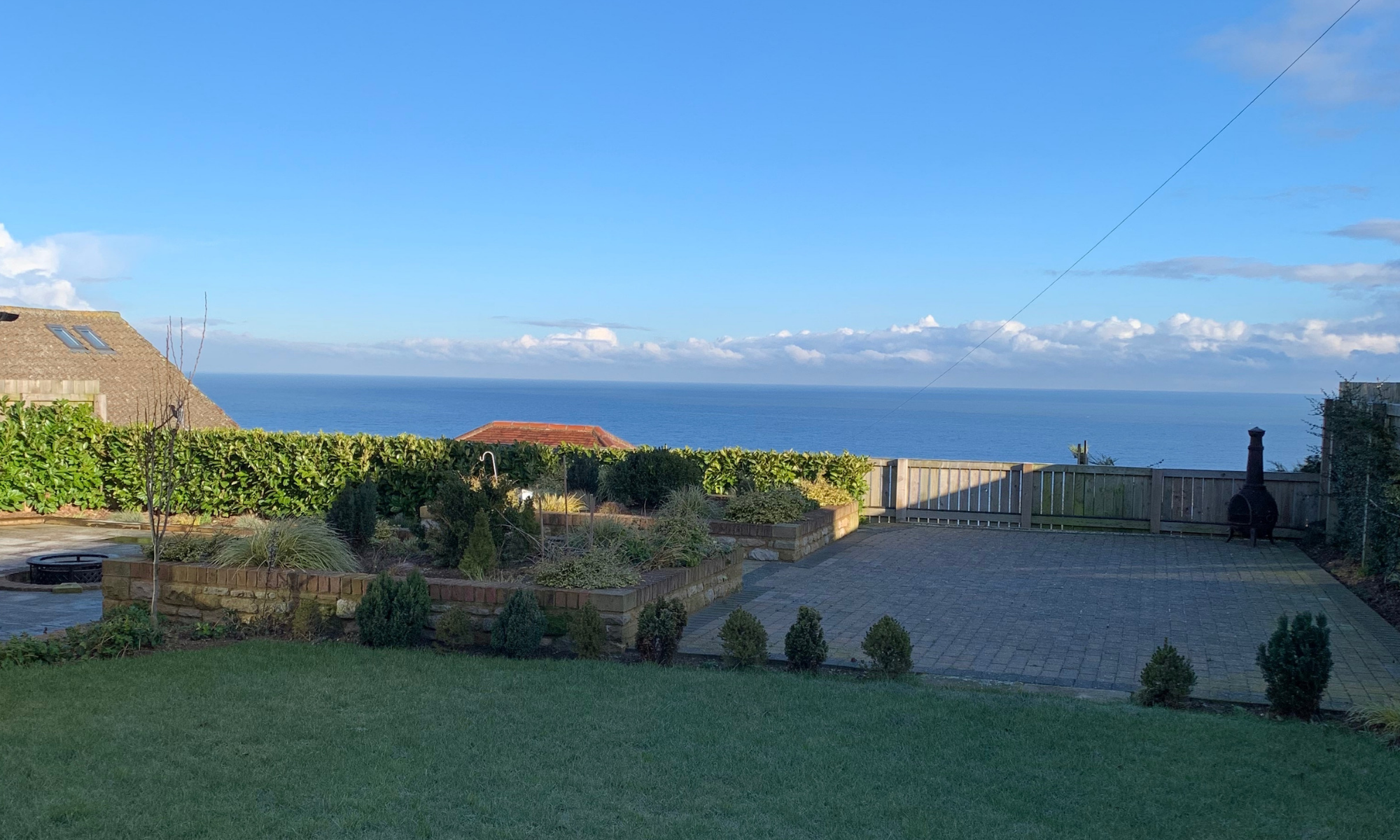Happy New Year! I know that many choose to use this time of year to set New Year’s resolutions. However the statistics for maintaining those resolutions don’t look good. Depending on which study you look at, as many as 80% of New Year’s resolutions will have been abandoned by February. So how about developing a Personal Vision Statement instead?

Personally, I do see the value in setting goals as opposed to making a resolution. Goals are more specific and action oriented than resolutions. Goal-setting can be done year round but the new year is always a good stepping off point. When used as part of your personal approach to goal setting, a personal vision statement is useful in helping you to identify which goals are most important to you and which opportunities you should pursue. So what exactly is a personal vision statement? Perhaps more importantly, how can you use it for self-improvement?
Vision statements are tools used by businesses and other organizations to convey their mission, values, and goals succinctly to employees, shareholders, and other parties.
The goal of a vision statement is to help the people involved in decision-making to make decisions that align with it and the overall purpose of the group. They have proven to be valuable tools that help a company reach its goals without forgetting its values or purpose.
A personal vision statement is nearly identical to one used for a business. The difference is that it is directed towards a single individual and his or her life. It encompasses one’s values, goals, and purpose in life. It might even include a statement of the lifetime impact you wish to have on the world.
The overwhelming majority of research on organizational business statements shows that they are effective in helping keep an organization on track and aligned with its values. Less research has been done on personal vision statements, but so far it looks like they have the same effect on individuals when created and used properly.
Personal vision statements can encompass both personal and professional goals. They also tend to include a list of some deeply held personal values. They tend to be short and can be either kept private or made public.
Some of the most successful and famous people in the world have or had personal vision statements. Sir Richard Branson, Maya Angelou, Ralph Waldo Emerson, Amanda Steinberg, Oprah Winfrey, and Mahatma Gandhi are just a few examples. Each of these people used or use their personal vision statements to guide their lives.
You don’t have to be famous, a hero, or a CEO to create and use your own personal vision statement. Many people do it. Millions of people around the world, from students to farmers to artists, have a vision statement they use in their daily lives.
It takes some work to create your own personal vision statement, but it’s not hard to do. You don’t need any special help or expertise. All you need is commitment and a willingness to do the work to craft it. After it’s finished, all you need is a determination to use it to guide your life.
During the rest of January I’ll be exploring the benefits of personal vision statements and sharing a few tips about how to construct your own.
